Found 21 movies, 6 TV shows, and 0 people
Can't find what you're looking for?
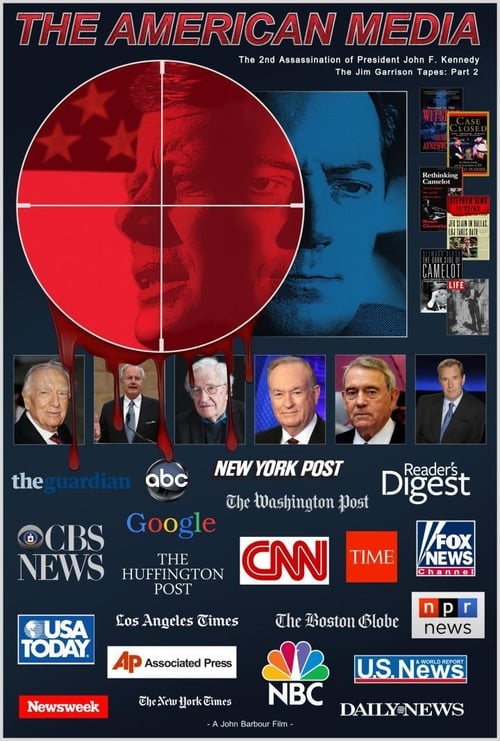
In 1969 New Orleans District Attorney Jim Garrison prosecuted only trial for the murder of John F Kennedy. Although the defendant, Clay Shaw, was acquitted, he committed perjury and the central charge, that he conspired to murder the President in his role as a CIA operative was given added weight when after his death it was admitted by the CIA that he worked for them. Garrison's case was the basis for the epochal film JFK by Oliver Stone which did more than any other medium before or since to shatter the facade carefully constructed by the Warren Commission and its sycophants. This film, a labour of love for multiple Emmy Award winner John Barbour is a damning indictment of the American Media for its crucifixion of both himself and Garrison. Like everything else connected with this case you the truth is only told by the dedicated and the independent. John's film shows that the establishment media is neither.
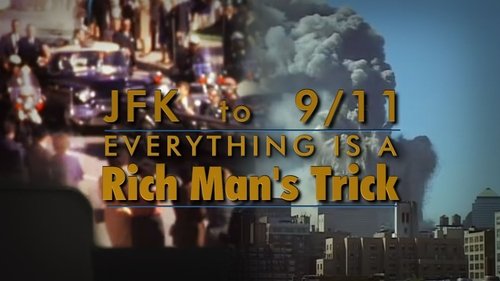
The real reasons and orchestrators behind Hitler, to an incredible theory of the JFK assassination, all the way to 9/11 and the current age of the terrorist. Taken from an historical perspective starting around World War 1 leading to present day.
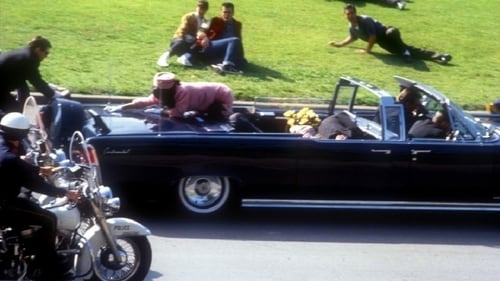
This spellbinding documentary re-examines the issues raised by Oliver Stone's JFK, and explores the late Jim Garrison's contention that there was a "second conspiracy" to cover up the truth, including attempts to ruin his own reputation.
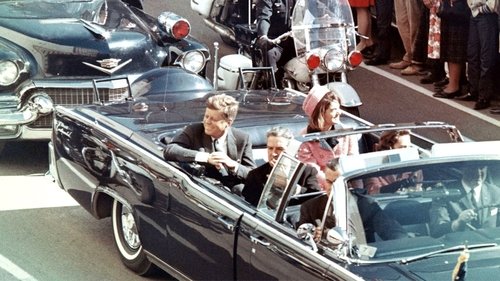
Thirty years after the release of his film JFK (1991), filmmaker Oliver Stone reviews recently declassified evidence related to the assassination of President John F. Kennedy, which took place in Dallas on November 22, 1963.
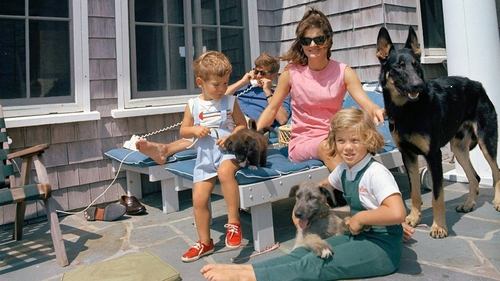
The story of a powerful political and economic dynasty, fundamental to understanding the turbulent destiny of the United States of America throughout the 20th century; of nine brothers who had truly extraordinary lives, marked by both greatness and tragedy: the story of the Kennedy family.

Over the decades, unanswered questions, tampered evidence, ulterior motives, and witness testimony surrounding the assassination has perpetuated conspiracy theories and alternative explanations that challenge the official narrative. Most of the figures involved--or knew who was involved--have mostly passed away, leaving avenues of investigation dead in their tracks. Over time, efforts to determine what happened have left more questions than answers. We take a look back on the moment that changed the course of world history, questioning the official record. Was the assassination a conspiracy?
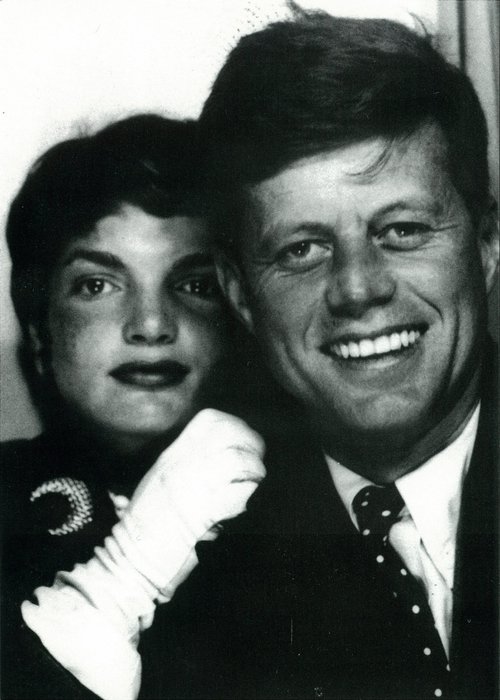
“Never, ever, publish them!” What was it Jackie Kennedy wanted to keep secret? Acclaimed director Patrick Jeudy has access to a series of conversations recorded a few months after her husband’s assassination in Dallas on November 22, 1963. The Lady in Pink was continually driven by a dual purpose: that of molding her own image, whilst managing that of the president. She cannot change the past, so she may as well rewrite it and start to build the legend of JFK.
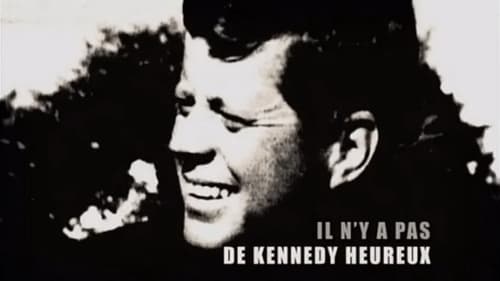
a documentary about Kennedys
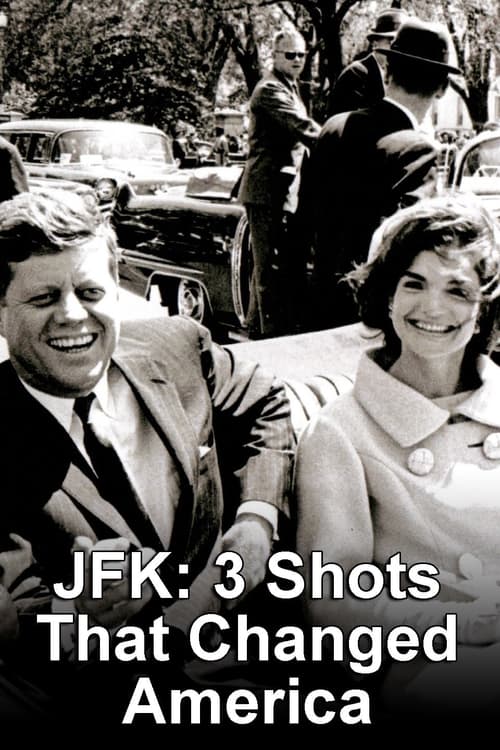
The film is an unnarrated collection of archived news and home movie footage shot as events unfolded, some of it rarely seen. Part one deals with the time from President Kennedy's arrival in Dallas on November 22, 1963 through the murder of Lee Harvey Oswald less than 48 hours later. Part two deals with the Warren Commission, its critics and those who suspect a conspiracy, the assassinations of Martin Luther King, Jr. and Robert F. Kennedy in 1968 and the turmoil that followed, and the continuing doubt about the assassinations and the effects this has had on American society.
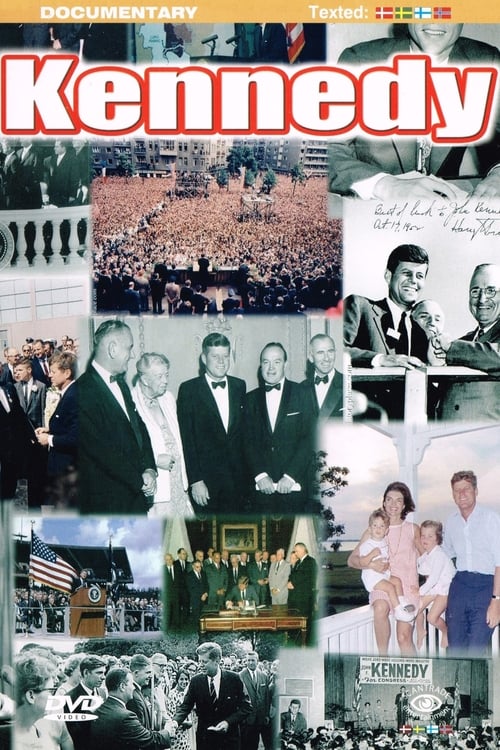
No description available for this movie.
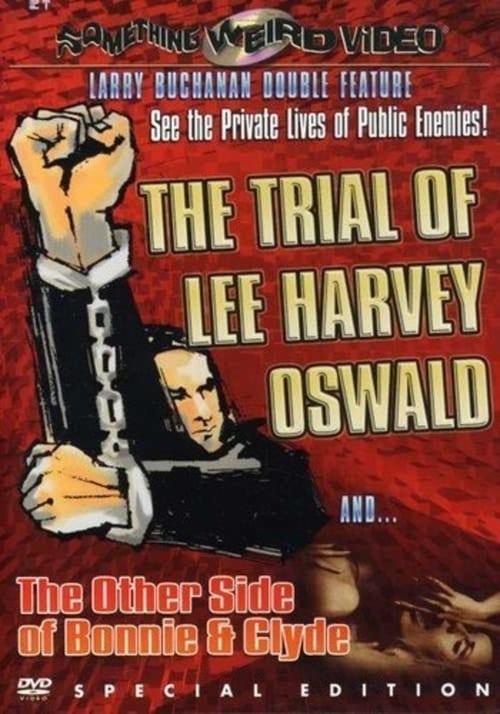
The Dallas trial of Lee Harvey Oswald, President John F. Kennedy's alleged assassin, is enacted as it might have occurred. After the defense enters pleas of "not guilty" and "not guilty by reason of insanity," 23 witnesses for the prosecution testify. No verdict is returned.

A documentary about the days immediately before and after the assassination of JFK. It is comprised of historical interviews with people who were present, involved, and invested in those days.

The Sixth Floor museum at Dealey Plaza presents a group of six short films about the life, death and enduring legacy of John F. Kennedy that are shown in the Sixth Floor Exhibit of the former Texas School Book Depository in Dallas, Texas. The sudden death of this young, vibrant world leader sent shock waves around the globe. The assassination remains one of the most vividly remembered and controversial events of the century. The Sixth Floor Museum at Dealey Plaza is a permanent exhibit in the former Texas School Book Depsitory. The films included in this exhibit have been adapted as an educational video examining the life, times, death and legacy of President John F. Kennedy
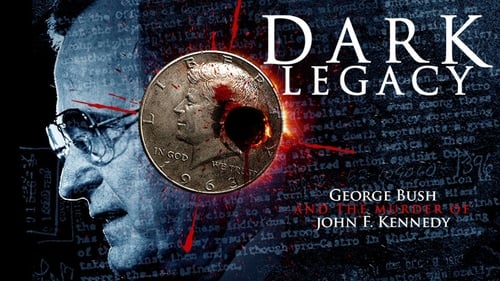
The death of John Kennedy is viewed through another angle in this conspiracy-themed film defending the theory that George Herbert Walker Bush was a key player in all aspects of the assassination of American president John F. Kennedy.

The Kennedy dynasty that has mesmerized generations. To this day their legacy lives on. Plagued by tragedy and scandal, they continue to bring positive change to the world.

An investigation into the story of a man who confessed to firing the fatal shot that killed JFK from the Grassy Knoll in Dealey Plaza, Dallas, Texas, on November 22, 1963. His story becomes one more compelling piece of evidence for what most Americans have long suspected: that their government covered up critical facts about the CIA's collaboration with Organized Crime to assassinate the President of the United States.
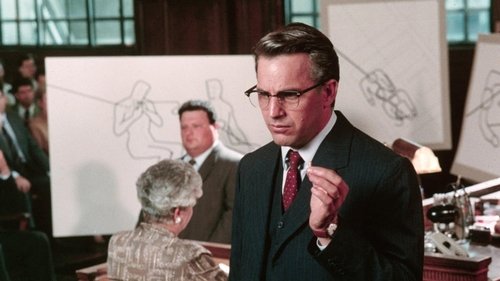
Follows the investigation into the assassination of President John F. Kennedy led by New Orleans district attorney Jim Garrison.

Unfolds within the intense 48-hour period surrounding the assassination of President John F. Kennedy. The film sheds light on crime group the Chicago Outfit’s alleged involvement in the assassination and draws directly from first-hand accounts, including insights from the family of crime boss Sam Giancana.
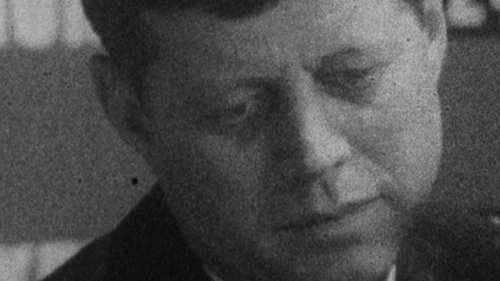
Robert Drew shows the sights and sounds from the funeral of President John F. Kennedy in November, 1963. Preserved by the Academy Film Archive in 2002.
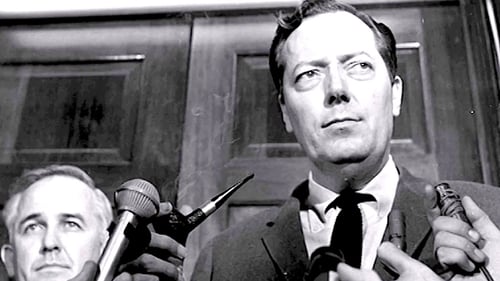
This documentary tells the story of District Attorney Jim Garrison, who -- after the 1963 assassination of President John F. Kennedy -- looked closely into evidence available to him and came forward with an interpretation that went beyond the Warren Commission's authorized report. The film examines occurrences before and after the assassination and considers theoretical connections with the FBI, the CIA, the Mafia, the Cuban situation, the war in Vietnam, and other national and international concerns. An interview with Garrison is included in the film. Footage of the tragedy and interviews with witnesses offer further information and ideas.

Fifteen-year-old Charlotte Flax is tired of her wacky mom moving their family to a different town any time she feels it is necessary. When they move to a small Massachusetts town and Mrs. Flax begins dating a shopkeeper, Charlotte and her 9-year-old sister, Kate, hope that they can finally settle down. But when Charlotte's attraction to an older man gets in the way, the family must learn to accept each other for who they truly are.